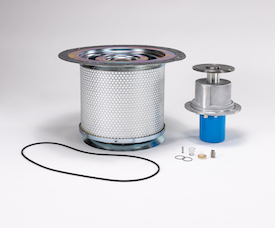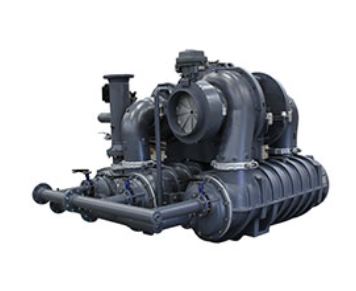Introduction
Consumable parts and lubricants are vital for the effective operation of cooling systems. These components help ensure that systems run smoothly and efficiently, reducing downtime and maintenance costs. In this article, we will explore what consumable parts are, the importance of lubricants, and best practices for maintenance.
What Are Consumable Parts?
Consumable parts are components that need regular replacement to ensure the smooth operation of cooling systems. These include filters, gaskets, seals, and more.
Importance in Maintenance
Consumable parts play a crucial role in maintaining system efficiency. Regularly replacing these components can prevent issues that lead to system failures and costly repairs.
Lubricants and Their Function
Lubricants reduce friction and wear between moving parts in cooling systems. They help maintain optimal temperatures and ensure efficient operation.
Types of Lubricants Used in Cooling Systems
- Mineral Oils: Commonly used in various applications, offering good lubrication properties.
- Synthetic Oils: Provide better performance in extreme temperatures and are often used in high-performance applications.
- Greases: Used in specific applications where oil might not be suitable, offering long-lasting lubrication.
Oil Filters: A Key Component
Oil filters are essential for maintaining the health of cooling systems. They remove contaminants from the oil, ensuring that only clean oil circulates through the system.
When to Replace Oil Filters
Regular replacement of oil filters is critical to maintaining system performance. Follow manufacturer recommendations and monitor system performance for signs that filters need changing.
Choosing Quality Consumable Parts and Lubricants
Selecting high-quality consumable parts and lubricants is crucial for system efficiency. Here are some tips:
- Compatibility: Ensure that parts and lubricants are compatible with your cooling system.
- Quality Assurance: Opt for reputable brands known for their quality and reliability.
- Efficiency Ratings: Look for products with high efficiency ratings to maximize performance.
Maintenance Strategies
Implementing effective maintenance strategies can enhance the performance and longevity of your cooling systems:
- Regular Inspections: Schedule regular checks to identify and replace worn consumable parts.
- Monitor Lubrication: Ensure that lubricants are at appropriate levels and are replaced as needed.
- Documentation: Keep detailed records of maintenance activities to identify trends and prevent issues.
Conclusion
Consumable parts and lubricants are fundamental to the efficiency and longevity of cooling systems. By understanding their roles, selecting quality products, and adhering to maintenance practices, you can ensure optimal performance and reduce operational costs. Choose CoolAir Spare Parts for all your consumable part and lubricant needs.




